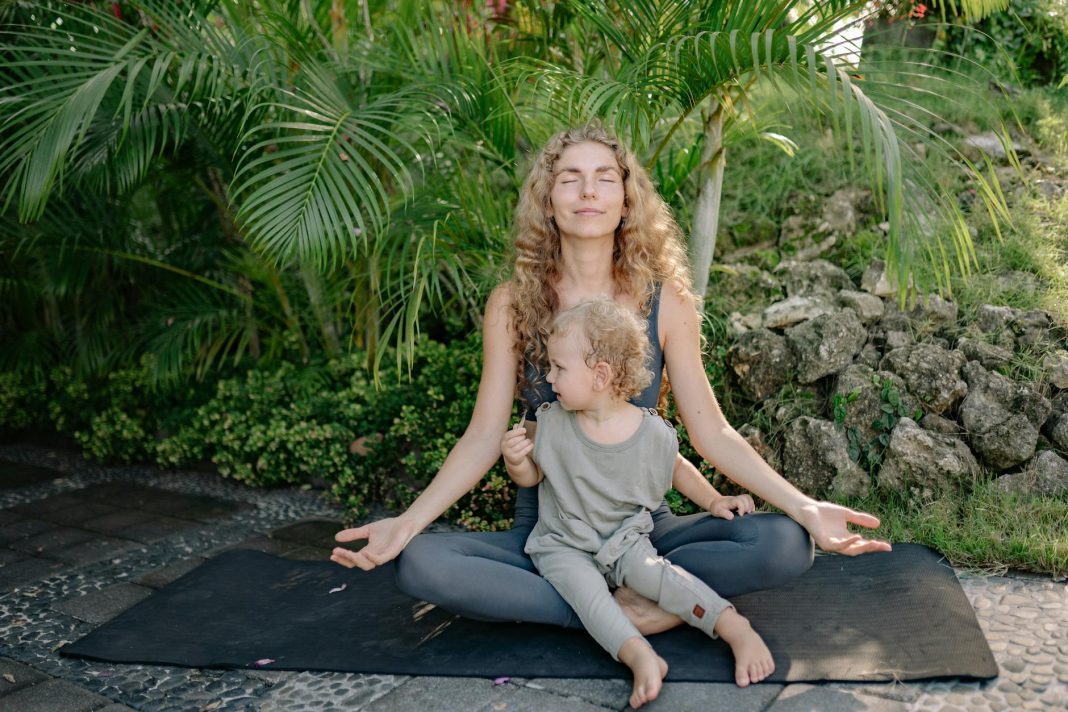Being a parent is the most rewarding, and sometimes the most challenging, job in the world. One of the biggest responsibilities we have is ensuring our children’s health – both physical and mental. This isn’t about creating perfect little humans, it’s about giving them the tools and support to thrive. This guide offers practical tips and advice on navigating the world of childhood health and wellbeing.
La santé physique : Les éléments constitutifs
From the moment they’re born, we’re focused on our children’s physical health. Regular checkups with the pediatrician are crucial for monitoring growth, development, and catching any potential problems early. But beyond those appointments, there’s a lot we can do at home.
Nutrition : L'alimentation des petits corps
We all know sugary treats and processed foods aren’t ideal, but establishing healthy eating habits early is key. It’s not about being perfect, it’s about progress. Offer a variety of fruits, vegetables, whole grains, and lean proteins. Make mealtimes enjoyable and involve your kids in the process – let them help with age-appropriate tasks like washing vegetables or setting the table.
Le sommeil : Le héros méconnu
Adequate sleep is vital for a child’s growth, development, and immune system. Establishing a consistent bedtime routine is hugely important. This might include a warm bath, reading a book, or quiet playtime. Ensure their bedroom is dark, quiet, and cool. Consistent sleep schedules, even on weekends, are generally best.
Activité : Bouger et groover
Encourage physical activity! Kids don’t need structured sports to get moving. Daily walks, bike rides, playing in the park, or even dancing in the living room all count. Aim for at least 60 minutes of moderate-to-vigorous physical activity per day.
Hygiene: Preventing Illness
Good hygiene is a cornerstone of preventing illness. Teach your kids the importance of handwashing (especially after using the toilet and before eating), covering their mouths when they cough or sneeze, and avoiding touching their faces.
Common Childhood Illnesses: What to Expect
From sniffles to stomach aches, childhood is filled with common illnesses. Knowing what to expect can help you manage them effectively.
Rhumes et grippes : Les suspects habituels
These viral infections are incredibly common. Rest, fluids, and over-the-counter medications (for fever and pain relief, always following dosage instructions) are usually sufficient. Contact your doctor if your child exhibits severe symptoms or if their symptoms worsen.
Infections de l'oreille : Petits problèmes
Ear infections are common in young children. Symptoms include ear pain, fever, and irritability. A doctor can diagnose and treat ear infections with antibiotics if necessary.
Stomach Bugs: The Great Upset
Viral gastroenteritis (stomach flu) is characterized by vomiting and diarrhea. Rest, fluids (to prevent dehydration), and bland foods are key here. Keep an eye out for signs of dehydration (decreased urination, dry mouth, etc.) and seek medical attention if necessary.
Mental Health: Nurturing Little Minds
Just as important as physical health is a child’s mental wellbeing. This encompasses their emotional, social, and psychological development.
Building Resilience: Coping Skills
Life throws curveballs. Help your child develop coping mechanisms for stress and challenges. This could involve teaching them problem-solving skills, mindfulness techniques, or simply providing a safe space for them to express their feelings.
Intelligence émotionnelle : Comprendre les sentiments
Encourage your child to identify and express their emotions in a healthy way. Talk about feelings, both yours and theirs. Help them understand that all emotions are valid, even the challenging ones. Garder votre petite équipe en bonne santé : Guide pratique des parents pour le bien-être de l'enfant
Social Skills: Making Connections
Social interaction is crucial for a child’s development. Encourage playdates, involvement in extracurricular activities, and opportunities to interact with peers. Help them learn how to navigate social situations and resolve conflicts peacefully.
Wellness Habits: Setting Them Up For Life
Establishing healthy habits from a young age sets the stage for a lifetime of wellbeing. This isn’t about perfection, but about instilling positive routines and values.
Mindfulness and Relaxation: Calming Techniques
Teach your child simple relaxation techniques, such as deep breathing exercises or meditation. Even a few minutes each day can make a big difference in reducing stress and anxiety.
Positive Self-Talk: Building Confidence
Encourage positive self-talk and self-esteem. Help them focus on their strengths and celebrate their accomplishments, big or small. Avoid overly critical language and comparisons with others.
Family Time: Connection and Support
Prioritize family time. Engage in activities you all enjoy, whether it’s playing games, reading together, or having dinner as a family. These times strengthen bonds and create a supportive environment.
When to Seek Professional Help
While this guide provides helpful information, it’s not a substitute for professional medical advice. Always consult your pediatrician or a healthcare professional if you have any concerns about your child’s health. Don’t hesitate to seek help if you notice significant changes in your child’s behavior, mood, or appetite.
Raising healthy and happy children is a journey, not a destination. It’s about celebrating the small victories, offering support during challenges, and fostering a love of life and wellbeing.

